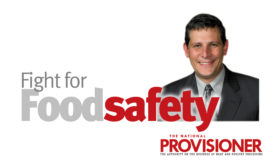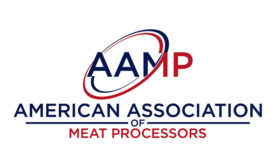Expert Commentary
Fight for Food Safety
California resolution seeks to add "processed meat" to Proposition 65
No California Love for processed meats
Read More
Stay ahead of the curve. Unlock a dose of cutting-edge insights.
Receive our premium content directly to your inbox.
SIGN-UP TODAYCopyright ©2024. All Rights Reserved BNP Media.
Design, CMS, Hosting & Web Development :: ePublishing











